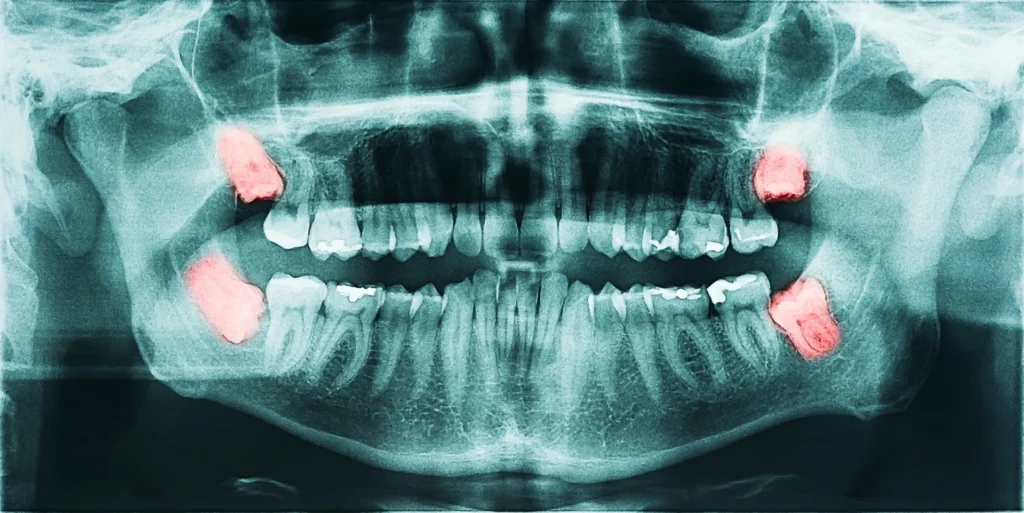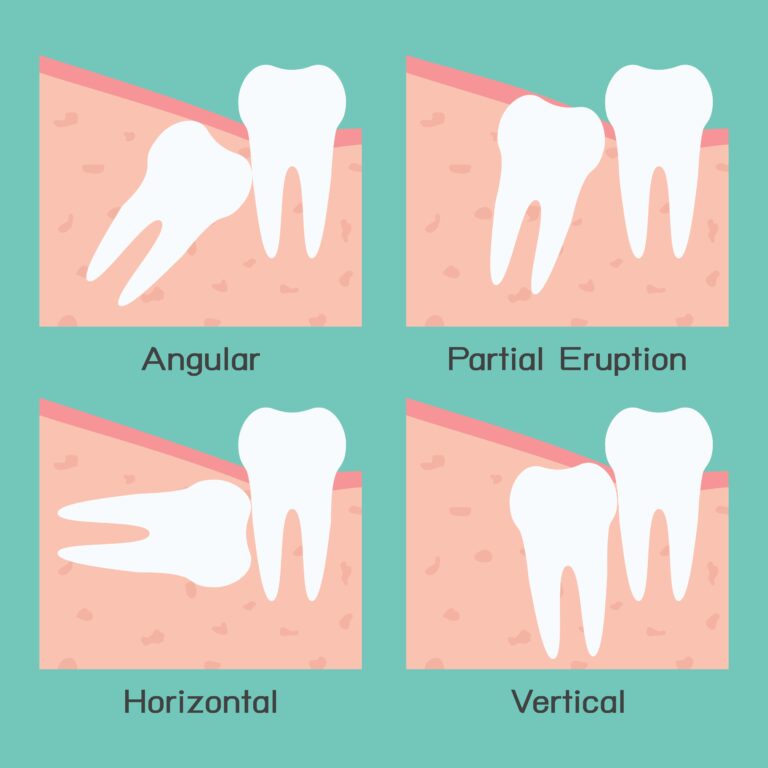
Wisdom teeth, also known as third molars, have been a source of discomfort and pain for many. As such, many undergo dental procedure to remove their wisdom teeth, be it as a preventive measure or to eliminate the pain.
These teeth typically emerge between the ages of 17 and 25, and can often cause dental complications if they do not have enough room to grow in properly.
But the question remains, what is the best age for wisdom teeth removal? It’s important to take into account the age of an individual when considering wisdom teeth removal as it can greatly affect the outcome and recovery process. In this article, we will explore the answer to this question and help you make an informed decision about whether or not to remove your wisdom teeth.
Reasons to Remove Wisdom Teeth
Wisdom teeth are the final set of molars to appear in a person’s mouth, usually emerging during late adolescence or early adulthood. In some cases, having wisdom teeth can be beneficial. However, most people opt to have them removed due to various risks they pose. Though it can be an uncomfortable experience, there are many reasons why you should remove your wisdom teeth.
Firstly, the wisdom teeth have become impacted. This occurs when the teeth have failed to fully emerge from the gums and are unable to function normally. This can occur due to a variety of reasons, such as a lack of space in the jaw, or a tooth growing in at an abnormal angle. Impacted teeth can cause pain, infection, and damage to adjacent teeth if left untreated. However, in some cases, an impacted teeth can be asymptomatic and not cause any dental issues.

Secondly, wisdom teeth can cause shifting of your permanent teeth. This happens due to overcrowding, a situation where the wisdom teeth take up space in the back of the mouth that would otherwise be occupied by the other teeth. As a result, the other teeth may begin to shift or move to make room for the wisdom teeth, causing misalignment and difficulty in cleaning. The shifting of the teeth can also affect the bite and the jaw joint which can lead to other oral health issues.
Thirdly, wisdom teeth are at a high risk of decay and gum diseases. Due to the teeth being located at the back of the mouth, they are more difficult to see and hence, clean properly. This makes the wisdom teeth a common culprit for the cause of gum diseases such as gingivitis and in more serious cases, periodontitis.
You may be interested in: What Are The Benefits Of Keeping Wisdom Teeth?
Last but not least, it may be necessary to remove your wisdom teeth as a pre-procedure for orthodontic treatment. An assessment of your dentition is typically carried out before the start of every orthodontic treatment. If the wisdom teeth have not erupted and it is determined that there isn’t enough room for them to grow, the removal of them will be necessary to ensure a successful treatment. Otherwise, it is recommended to allow the wisdom teeth to erupt, albeit constant monitoring would be required to ensure that their growth would not affect the treatment.
Best Age to Remove Wisdom Teeth
There is no hard and fast rules on the age to remove wisdom teeth; anyone can have their wisdom teeth removed if it is causing dental issues. However, most dentist recommend patients to remove their wisdom teeth between the ages of 17 and 25 years old. This is because the roots of the teeth are not fully developed at this age, making the extraction process easier and the recovery time shorter.
As people gets older, the recovery time of the surgery may take longer and there is a significantly higher risk of complications. In general, beyond the age of 25, the roots of the wisdom teeth are fully developed and deeply entrenched in the jaw, making the extraction a much more complicated procedure.

However, the exact age can vary depending on the individual’s specific situation and the position of their wisdom teeth. Some people may need to have their wisdom teeth removed earlier if they are causing pain, infection, or other problems, while others may be able to wait until they are older. For instance, an impacted wisdom teeth must be promptly removed as they can cause damage to the adjacent teeth and lead to serious complications.
That said, not all wisdom teeth need to be removed. If they are fully erupted and are healthy, there is no need to remove them. Also, one should be aware that there are disadvantages to removing their wisdom teeth.
If you are looking to remove your wisdom teeth, always consult an oral surgeon or dentist who can determine whether an extraction if necessary, as well as the best time to remove it. An x-ray and visual examination of your mouth will be done to determine the position of your wisdom teeth and whether they will become impacted. From there, your dentist will discuss with you the pros and cons of wisdom teeth removal before advising you on the next steps to take.






